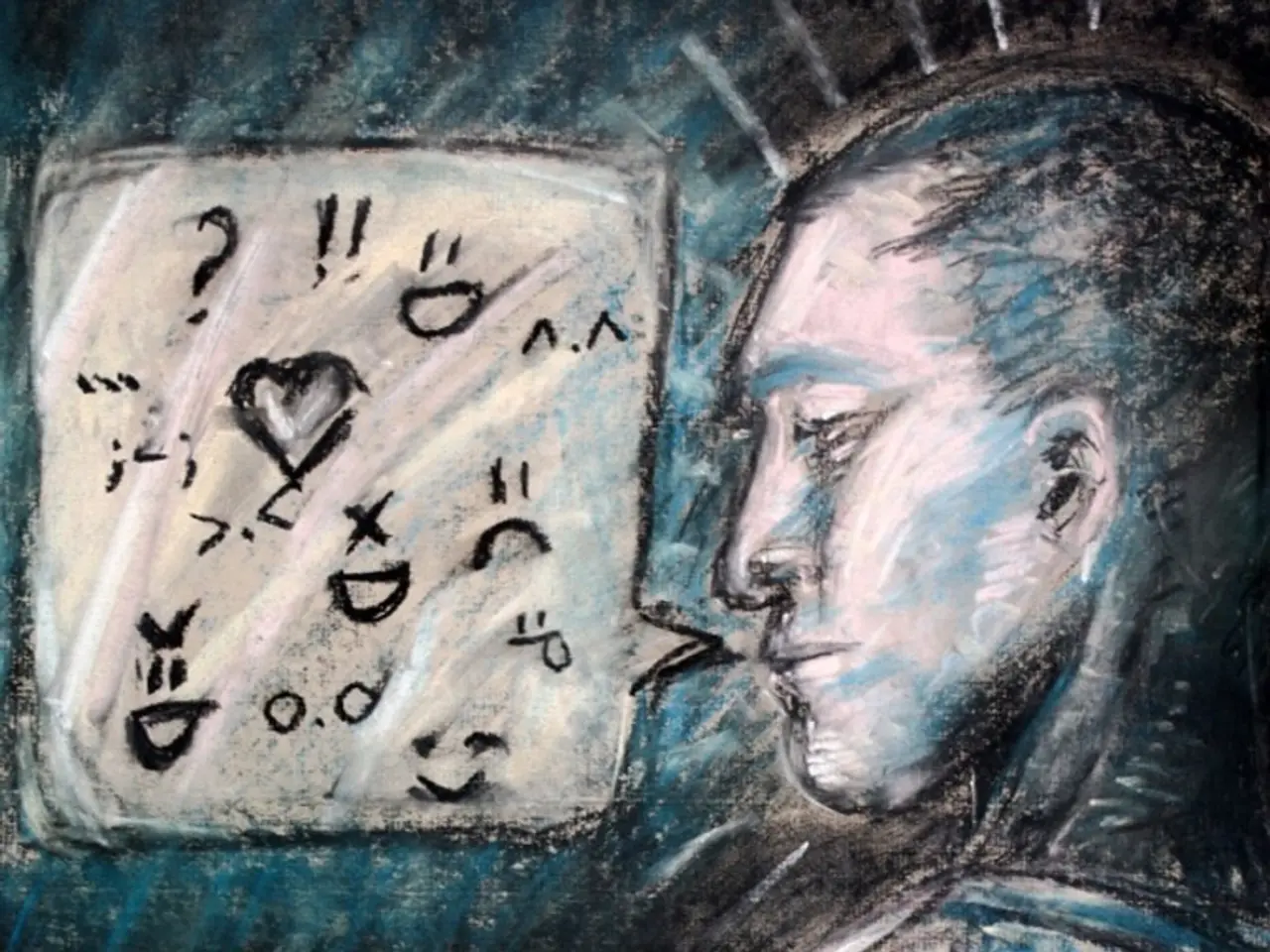Causes and solutions for blood clots, along with associated conditions and medications.
Deep Vein Thrombosis (DVT), a condition where a venous clot develops deep within the leg, pelvic area, lungs, or brain, is a serious health concern that affects many individuals worldwide. This article aims to provide a clear and concise understanding of DVT, its causes, symptoms, and prevention methods.
DVT is the most common type of serious blood clot, primarily affecting deep leg veins. Symptoms often manifest in one leg and can include swelling that is asymmetrical and persistent, pain or tenderness, skin discoloration, warmth, and tightness in the affected area, a feeling of heaviness or fatigue in the leg, and tenderness on calf compression or foot pressure. In severe cases, symptoms of pulmonary embolism such as chest pain, dyspnea, and dizziness may occur if a clot dislodges and travels to the lungs.
The causes of DVT and other blood clots are multifactorial. Prolonged immobility, medical conditions like cancer or pregnancy, medications such as oral birth control pills or hormone replacement therapy, injury or surgery, especially involving legs or pelvis, smoking, obesity, and dehydration are significant risk factors.
Prevention focuses on mobility, lifestyle changes, and medical interventions when appropriate to avoid complications like pulmonary embolism. Staying active and mobile, especially during long travel or hospitalization, avoiding smoking and managing weight, using medications like anticoagulants in high-risk patients under medical supervision, wearing compression stockings when recommended, staying hydrated to avoid blood thickening, and regular medical review if on hormone therapies or with cancer/pregnancy risks are essential preventive measures.
It is crucial for anyone with concerns about blood clots to speak to a doctor about lowering their risk. Medical complications can arise if blood clots do not dissolve, and research into blood clot diagnosis and treatment is ongoing. A blood clot in the kidney can prevent the removal of waste from a person's body, with key symptoms including blood in the urine, pain in the abdomen, legs, or thighs, fever, and nausea. A blood clot in the brain, also known as a stroke, can cause symptoms such as severe headaches, facial weakness, speech and vision difficulties, pain and numbness in the arms and legs, and symptoms occur on the opposite side of the body from the location of the blood clot.
In conclusion, understanding DVT and its potential risks is essential for maintaining good health. By adopting a healthful lifestyle, staying informed, and seeking medical advice when necessary, individuals can significantly lower their risk of developing DVT and its associated complications.
- Science has been conducting research to predict, diagnose, and treat various medical-conditions like DVT, including Alzheimer's, hemophilia, depression, obesity, and cardiovascular-health.
- Prolonged immobility, smoking, obesity, and certain medications such as oral birth control pills or hormone replacement therapy pose risks not just for DVT, but also for other serious medical-conditions like COPD.
- In addition to preventing DVT, maintaining good health-and-wellness involves addressing all medical-conditions through lifestyle changes, regular exercise, and a well-balanced diet that can help reduce the risk of obesity and other health complications.
- Ongoing medical research aims to provide better solutions for managing various medical-conditions that affect millions of people worldwide, such as Alzheimer's, hemophilia, and depression.
- It is essential to seek medical advice promptly for managing potential risks associated with health-and-wellness concerns, such as blood clots that may not only lead to DVT but other dangerous complications like kidney failure or stroke.




